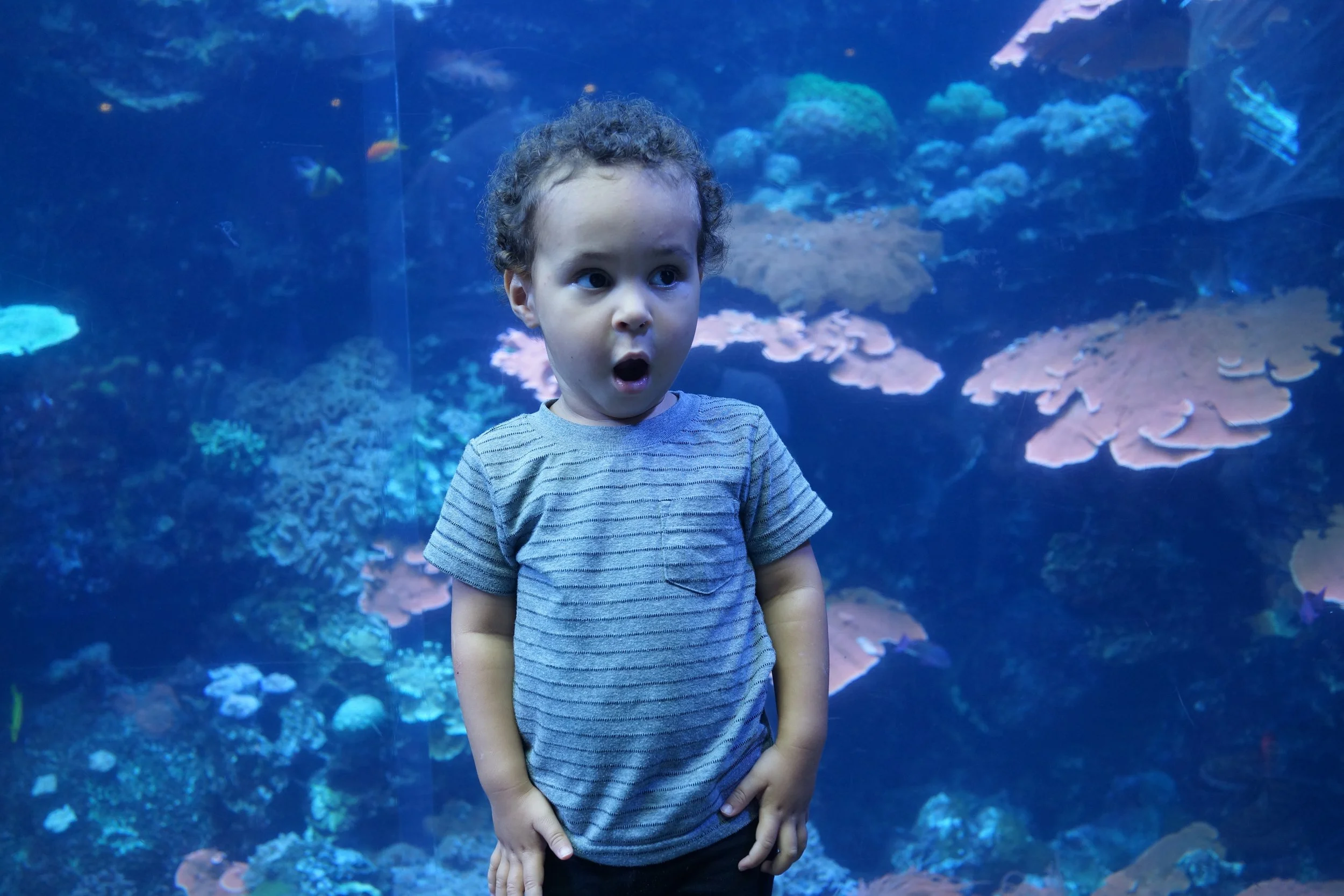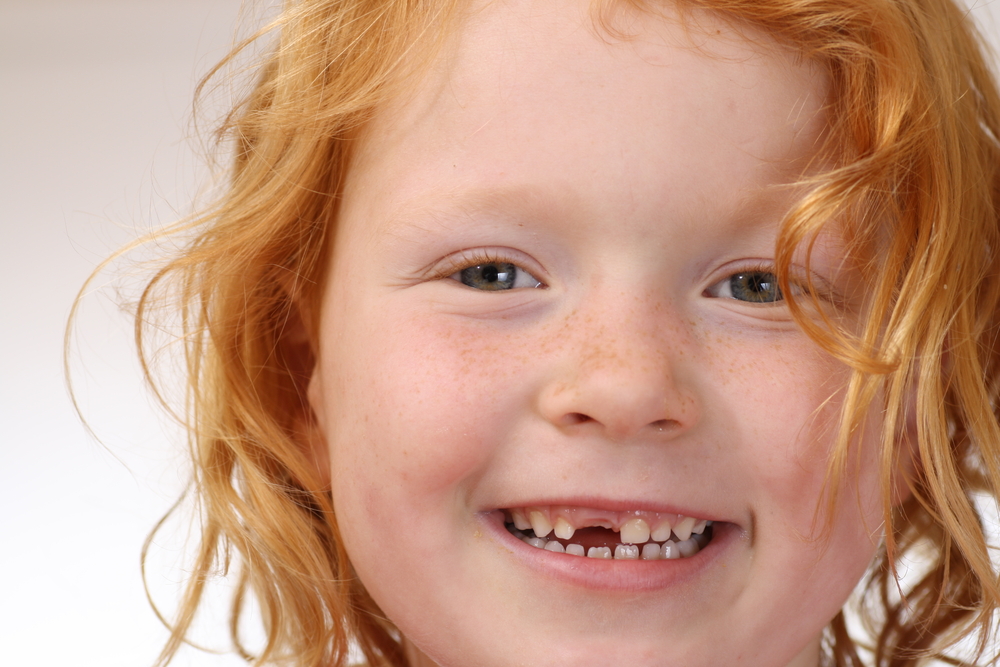Guest Blog: What Do You Need To Know About Early Dental Care?
Though the appearance of a child's first tooth causes great excitement for parents and grandparents, families are often unaware of proper early dental care. The first visit to a dentist should be when that first tooth erupts but no later than your child's first birthday.
Start brushing as soon as that first tooth pops through. Brush your child's teeth twice a day with a soft-bristled toothbrush with a small head (age appropriate) until they brush very well on their own. Young children rarely have the ability to brush their teeth effectively, but having them go through the motions goes a long way in establishing a healthy habit. It also helps if you show them how you brush your teeth. They are excellent mimics and want to do what you do, so modeling this activity is very helpful.
Be sure to use a fluoride toothpaste with an ADA seal of acceptance as fluoride is nature's cavity fighter. For children under the age of three, use only a grain of rice sized amount. Children over three years old should use a pea-sized amount. Avoid toothpaste that tastes like candy, so children do not want to swallow it. After brushing, children should spit out (most kids love this part) and not swallow excess toothpaste. Ask your dentist if the water in your area is fluoridated and have them evaluate whether or not fluoride supplementation is recommended.
No one is going to like this next advice: any two teeth that touch must be flossed once a day. Not an easy task on a squirmy toddler. Try having them rest their heads on your lap with their legs facing away from you.
Never put a baby to bed with a bottle, and do not use a bottle as a pacifier for a fussy baby. Even a small amount of juice or milk can cause decay. Sippy cups with juice or juice boxes offered between meals bathes the teeth in sugar, therefore water is always the best beverage.
The germs that cause decay are contagious, so do not clean your child's pacifier by putting it in your mouth and keep your eating utensils separate.
Sealants are awesome. They can reduce decay up to 80% on molars, especially the ones that erupt at 6 and 12 years old that are most at risk for decay.
Last but not least, make visits to the dentist a positive experience. Do not say things like "it won't hurt" or "don't be scared," or they will be. If you have anxiety about the dental visit, they will be sure to pick up on that. This is time for that Academy award-winning performance. Initial experiences at the dentist are very important so make sure the dentist you choose is child-friendly, experienced, and enjoys treating them. First visits should always be positive and fun.
Teeth should last a lifetime.







